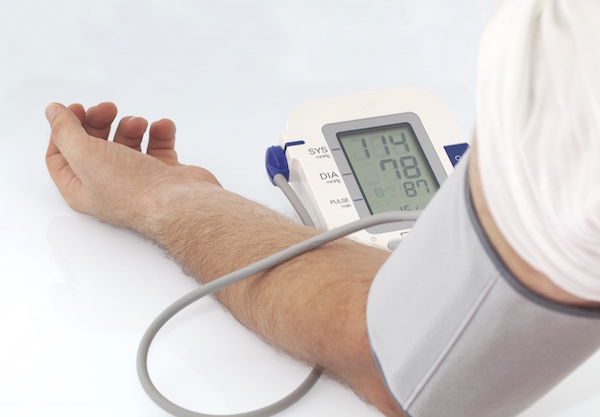
TUESDAY, Aug. 30 (HealthDay News) — Swedish scientists have identified a protein circulating in the blood which seems to be a harbinger of an increased risk of death among elderly people.
The protein, cathepsin S, is strongly tied to the inflammatory processes that are central to killers such as cancer and heart disease.
The authors of the new study, published online Aug. 30 in the Journal of the American Medical Association and simultaneously being presented at the European Society of Cardiology Congress in Paris, suggest that the protein might be a target for drugs, some of which are already being tested in trials.
In theory, such a biomarker could also “help us interpret how to direct health care,” said Thomas Mariani, an associate professor of pediatrics, medicine and environmental medicine at the University of Rochester Medical Center.
But widespread use of the marker is still a ways away, Mariani added.
Previous studies have found higher levels of cathepsin S, an enzyme, in patients who are obese or who have diabetes or heart disease. Patients who lose weight reportedly have lower levels of cathepsin S.
Researchers have speculated that the protein may be involved in the development of atherosclerosis. It may also cause cancer tumors to develop and spread.
The authors of the study, from Uppsala University in Sweden, correlated cathepsin S levels with mortality in two groups of elderly people.
The first group consisted of 1,000 men in Uppsala with an average age of 71 who were followed for an average of 13 years.
The second group also consisted of 1,000 people of about the same age, this time half women and half men. They were followed for about eight years.
Even after adjusting for factors such as age, blood pressure, diabetes, smoking, weight, cholesterol levels and history of heart disease, men in the first group who had the highest levels of cathepsin S in their blood had a 60 percent increased risk of death compared to those with the lowest levels.
High cathepsin S levels were also associated with a 62 percent increased risk of death from cardiovascular disease and a small increase in death from cancer.
In the second group, men and women who showed the highest levels of the protein in their blood had double the risk of dying when compared to those with the lowest levels.
It’s too early to say if there’s a cause-and-effect relationship, Mariani cautioned.
Nor is it clear if the findings can be generalized to other ethnic groups (this was mostly a white European population) or other age groups.
The biomarker does seem promising because it would be easy to assess in a simple blood test. Still, it needs to be validated in further trials.
“Future studies should be performed on medications [to target this biomarker]. They need to see if intervening on this particular marker actually will improve outcomes,” said Dr. Suzanne Steinbaum, director of Women and Heart Disease at the Heart and Vascular Institute at Lenox Hill Hospital in New York City.
More information
Visit the American Heart Association for more on cardiovascular disease.

